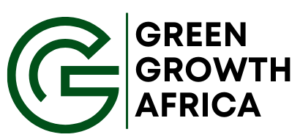Green Growth Africa(GGA) champions the transition to a circular economy by promoting waste reduction, recycling, and sustainable production. Through innovation and education, GGA encourages businesses and communities to adopt practices that minimize environmental impact and maximize resource efficiency. GGA’s use of the Zero Waste communities model brings together cities, local government and waste sector actors to champion efficient waste management with sustainable production and behavioral change at the core. GGA also equips waste pickers with alternative or complementary livelihoods while connecting them to social protection schemes to safeguard their future due to the risks involved in their work. This approach helps reduce pollution, create green jobs, improves livelihoods, and build a more sustainable and regenerative economy.
Socio-Economic Empowerment
Green Growth Africa (GGA) fosters socio-economic empowerment in Africa by...
